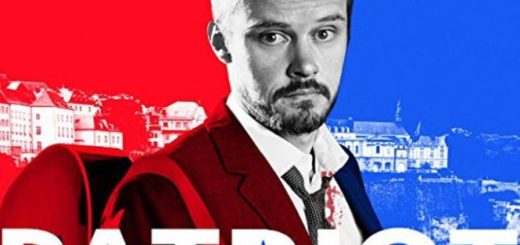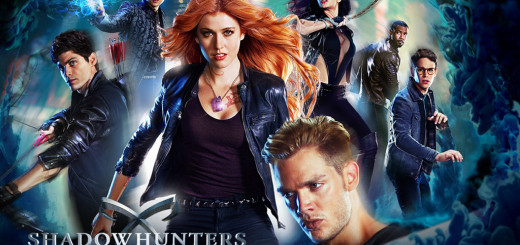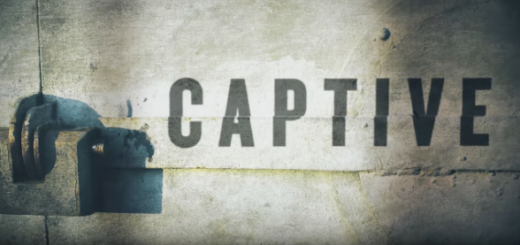Hit or Sh**: Netflix’s FLAKED
In this Crossfader series, our intricate and complex rating system will tell you definitively whether new television pilots are worth your valuable time. We call it: HIT OR SH**.
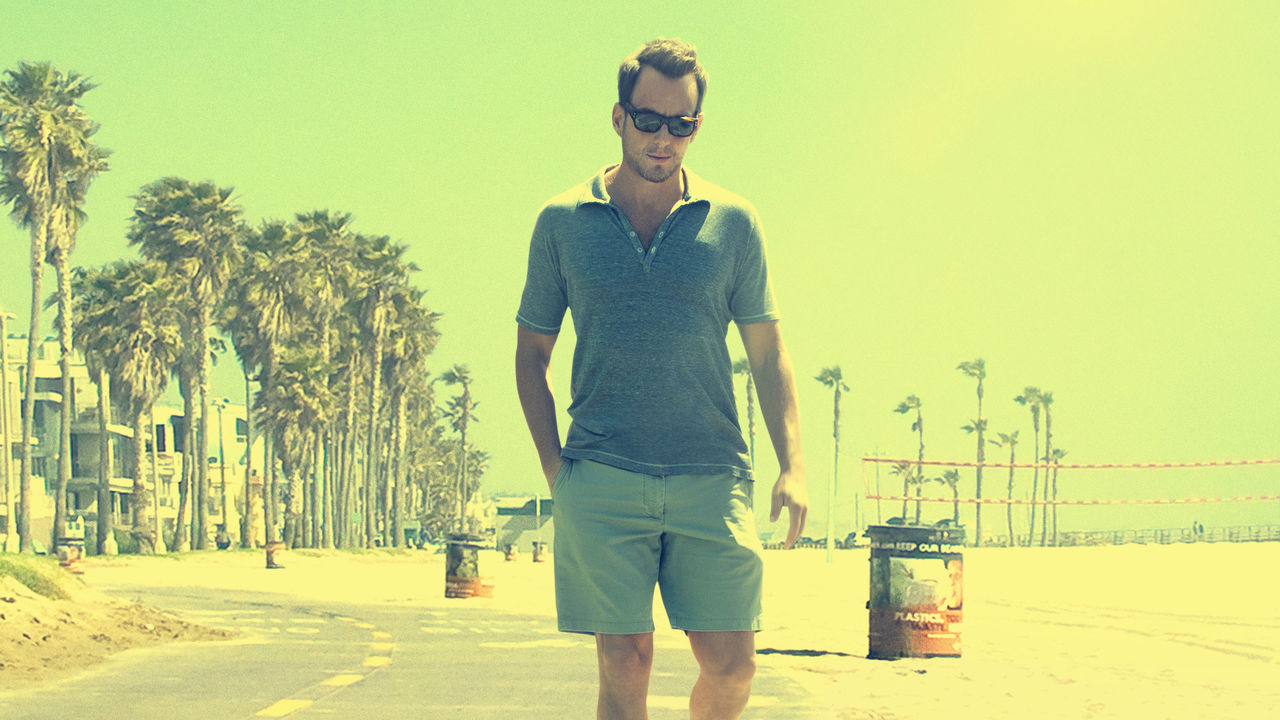
What’s become explicitly clear as of late is the fact that no one has any idea what Netflix is or how it works. Notoriously secretive, Netflix remains adamant in its silent stance on streaming statistics, continuously obscuring the statistical viability of television’s inevitable move to instant streaming. However, what’s also becoming clear is that Netflix has no ostensible standard of qualitative consistency with the shows it picks up as “Netflix Original Series.” For such an established industry giant and most likely the scrying glass for the future of the medium, Netflix gives off the impression of grasping wildly at anything that flies their way, oftentimes coming across as desperate. Sure, you have your LOVEs and your MASTER OF NONEs, but you also end up with your FLAKEDs; meandering, lazy shows with no discernible merits of any kind. It’s time Netflix tightened up, did some Spring cleaning, and got rid of the flotsam and jetsam.
Really, folks, I don’t know how to put it any clearer – it shouldn’t be watched under any circumstance. If you somehow end up in a state where you have watched everything else then you can still do better. Just change your VPN (see alwaysvpn for examples) to another country and watch the better Netflix content from that region instead. This show offers up nothing even remotely engaging, and should never have existed in the first place.
Which is a shame, too, because the opening is a welcome curveball. The general conceit of the series is that Arnett’s Chip is a self-help guru of sorts, although he struggles with alcoholism himself. Despite being vaguely marketed as a comedy (although this may be a Pavlovian response to the highlighted presence of Will Arnett), we get the rug pulled out from under us when Chip opens up with a sobering narrative about how he killed someone while drunk driving, the “sobering” part made all the more appropriate by the fact that this occurs at an AA meeting. Chip leaves with his best friend Dennis (David Sullivan), and that’s about all I can tell you about the plot. Possessing an absolute dearth of narrative tension or purposeful intent, Chip and Dennis walk around, bitching about their sad, middle-aged, SoCal lives as some vaporous overarching thread involving someone named Stefan, who Chip is concerned isn’t taking sobriety seriously, lackadaisically floats in the background.
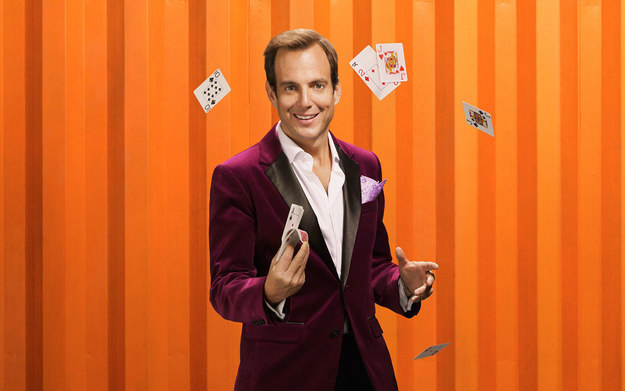
“If only, if only,” the woodpecker sighed…
Perhaps it was just bad timing (because of Netflix’s LOVE), but why does mainstream media think we still care about base level regurgitations of relationship-related angst? Although there’s the occasional flash in the pan (I really do enjoy LOVE), there’s just simply no longer any appeal to watching middle-aged men kvetch about their failure to make women interested in them. Although Dennis’s insistence on “preliminary research” (i.e. reading up on Frida Kahlo when he discovers that his romantic interest went to a party dressed as her) could have some laughs extracted from it if taken to extremes, the most fun we get out of this is an offhand reference to how he became interested in indie rock once for its flirting potential. Apart from that, we’re just served a lukewarm refrigerated dish of yet another cold SoCal woman uninterested in relationships when presented with Chip’s implication of one, which is rapidly becoming a corpse of a narrative trope.
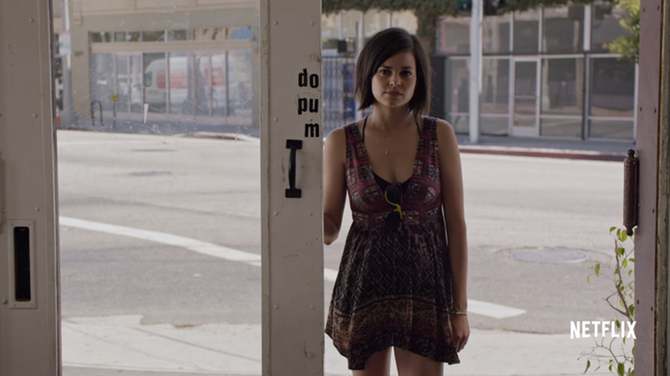
I’m just as interested as she looks
The best scene in the pilot is when Chip, Dennis, and their loser acquaintance Cooler (who tries so hard at comic relief but is foiled every time) are discussing Chip’s recent connection with Dennis’ romantic interest, London, and London appears out of nowhere. Since Chip quoted Frida Kahlo to her after a discussion between him and Dennis, the one scene of dramatic irony and humorous tension occurs when Dennis attempts to quote Kahlo as well. However, using Frida Kahlo quotes as the capstone of your pilot’s comedy is a risky game at best, and wading through the rest of the episode is treacherous going apart from a brief humorous altercation with someone biking on a walking path. All of the dialogue is either stilted, awkward, or downright laughable (Arnett gets to try to sell “More bad news on the bad news machine?,” the bad news machine in question being a cell phone), and most scenes seem to almost willfully avoid jokes.
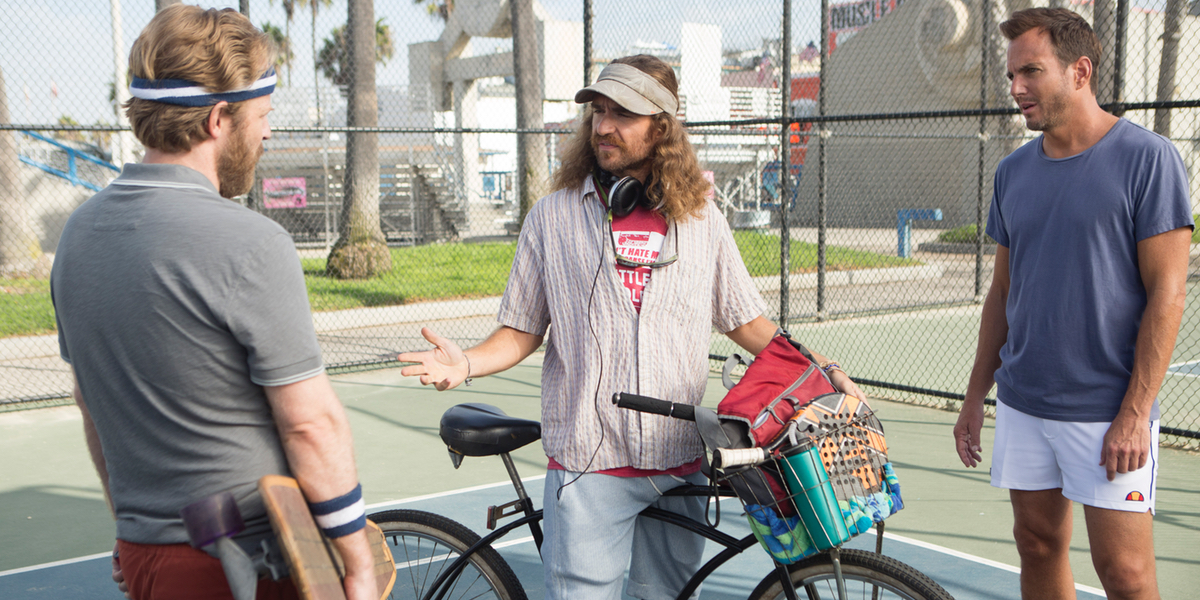
The sad, midlife crisis version of WORKAHOLICS we didn’t ask for or need
In the scene leading up to the surprise encounter with London, there’s a lengthy tracking shot wherein the camera continuously backpedals as Chip, Dennis, and Cooler move forward, talking about nothing in particular. Acting as a stylistic (and arguably thematic) reference to Linklater, this bears at least minimal consideration. Due to the aggressive lack of joy that borders on anti-humor, and the lengthy, aimless dialogue scenes, I have to ask as to whether this was meant to be Netflix’s attempt at the hyper-indie mumblecore movements popular over a decade ago. However, even despite the fact that this is entirely offset by the bright, vibrant colors and setting of a SoCal beach town, the fact is that I’m tired of unlikable, unrelatable middle-aged white men, I’m tired of any stories set within a 100-mile radius of Los Angeles, and I’m tired of these plodding shows in the twilight wastelands between comedy and drama. Get your stuff together, Netflix.
Verdict: Sh**
FLAKED is available to stream in its entirety on Netflix. But don’t say you weren’t warned.

